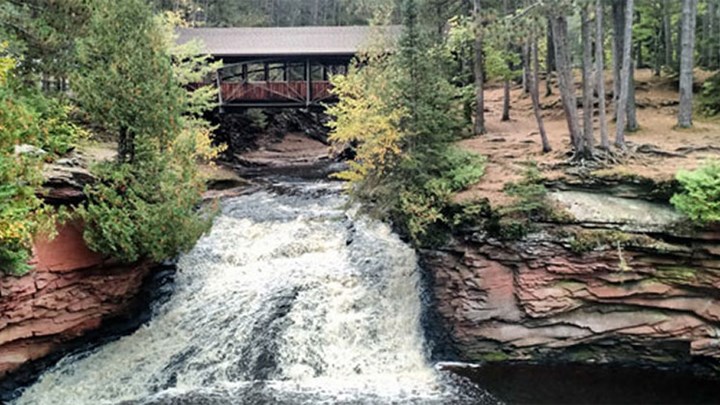
by Brian McCombie - Thursday, March 8, 2018

Politicians are often accused of writing up long, confusing laws that can’t be understood by the average person. So we should probably give some credit to Wisconsin State Senator Fred A. Risser (D–Dist. 26), author of one of the most concise legislative proposals to date: Wisconsin Senate Bill 775. Unfortunately, it is an anti-hunting bill.
Currently, most of Wisconsin’s 66 state park properties are open to hunting. These 60,000-plus acres provide important access to the Dairy State’s hunters. Senate Bill 775 notes this legal reality, and then requests that the current statute allowing hunting be altered to read, “No person may hunt on land located in state parks.”
Risser was just as concise with his Senate Bill 774, which seeks to ban trapping in those same Wisconsin state parks. Both bills were introduced into the Wisconsin Senate in February 2018.
According to the pro-hunting Sportsmen’s Alliance, which first alerted hunters to the Wisconsin bills, “Reducing access to public lands for hunting and trapping is also bad for the state's economy. In Wisconsin, the average hunter spends more than $2,800 per year, generating a total of $4 billion in economic impact. Reducing the number of hunters and trappers would also impact conservation funding, as hunting and trapping licenses and taxes on firearms fund the Wisconsin Department of Natural Resources.”
This isn’t the only attempt by Risser, who represents the Madison area, to push bills harmful to hunting and hunters. Risser recently put forward SB 776, which would stop the Department of Natural Resources’ current practice of reimbursing hunters whose dogs are killed by wolves. In 2017 alone, Wisconsin hunters lost 41 of their hunting dogs to wolves, according to Isthmus, a Wisconsin newspaper.
While no one HLF interviewed for this story expected the three bills to gain any traction in a very pro-hunting Wisconsin legislature, Risser’s bills reveal the extreme nature of some anti-hunting legislators. Risser’s SB 775, for example, doesn’t even try to suggest that hunting in Wisconsin state parks poses some problems as a justification for changing the law. It just says, in effect, “End public hunting on these properties.”
The truth is, Risser isn’t alone in his desire to ban or severely limit conservation-based hunting and trapping. According to Brian Lynn, Vice President of Communications for the Sportsmen's Alliance, in 2017 over 20 bills were introduced at the federal, state and local levels to ban or greatly restrict trapping, many of them targeting public lands. Nationally, he estimates at least 200 anti-hunting bills and regulations pop up on his group’s radar every year.
The NRA Institute for Legislative Action (NRA-ILA) is closely monitoring the new Wisconsin bills and continues to track similar threats to hunting and wildlife conservation across the nation.
E-mail your comments/questions about this site to:
[email protected]
Proudly supported by The NRA Foundation and Friends of NRA fundraising.
